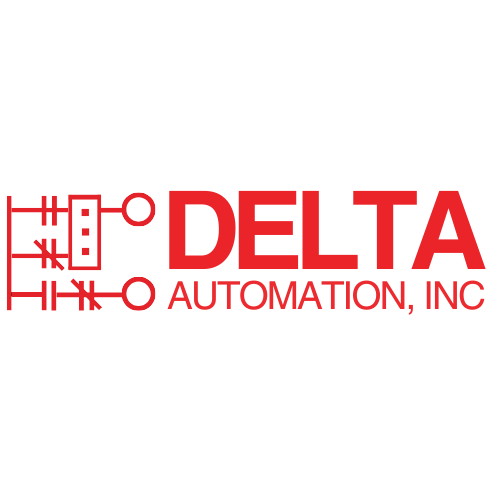The Real Cost of Ignoring Small Drive Issues

Small problems become big failures. Here’s how to stop the snowball.
In industrial environments, drives keep motors running, production lines moving, and processes stable. Too often, small drive issues get brushed aside as minor annoyances. The reality: a slight vibration, intermittent fault, or faint smell of overheating can escalate into catastrophic failures, unplanned downtime, and major costs.
At Delta Automation, we see this story play out all the time. Here’s why addressing small issues early protects uptime and budget.
Minor Symptoms, Major Consequences
Drives rarely fail without warning. They send signals—sometimes subtle—that something isn’t right:
- Intermittent error codes often point to failing capacitors, loose connections, or power supply problems.
- Unusual noises or vibrations can indicate worn bearings, fans, or cooling components that lead to heat build-up.
- Overheating or a burnt odor may stem from dust buildup, clogged fans, or aging power components—precursors to shutdowns.
- Slow response or inconsistent performance can flag early logic, I/O, or communication issues.
Fixing these early often costs a fraction of a full replacement—or the ripple effects of extended downtime.
How Small Problems Snowball
- Heat cascades through the system. A failing fan compromises cooling and stresses IGBTs, capacitors, and boards.
- Unplanned downtime multiplies costs. A minor fault that trips a line can derail schedules and service levels.
- Emergency replacements are expensive. Rush buys mean premiums, longer lead times, or ill-fitting substitutes.
- Collateral damage spreads. A malfunctioning drive can strain motors, gearboxes, and downstream equipment.
The Hidden Costs of Waiting
Typical early fixes
Fan replacement, capacitor swap, cleaning, re-termination — often $300–$600.
Major failure scenario
Drive replacement, reprogramming, re-commissioning — commonly $5,000–$10,000+, plus downtime.
Downtime impact
Even one hour of a mid-size line down can cost thousands of dollars in lost production.
Waiting feels like saving until the hidden costs surface all at once.
Why Regular Drive Service Pays Off
- Extends equipment life by addressing heat, dust, and wear before they cascade.
- Reduces emergency calls through planned inspections and parts refreshes.
- Improves reliability for steadier throughput and fewer mid-shift surprises.
- Supports sustainability by repairing instead of scrapping—less waste, more lifecycle value.
How Delta Automation Helps
Our technicians look past symptoms to root causes. Every repair includes:
- Comprehensive inspection and diagnostics
- Fast turnaround to protect production schedules
- 1-year repair warranty for peace of mind
- Expertise across major brands in drives, PLCs, and industrial PCs
Don’t Let “Minor” Become Major
If you hear a strange hum, smell overheating, or see a flashing error code, act now. Small drive issues are warning signs—and addressing them early is the most cost-effective move you can make.
